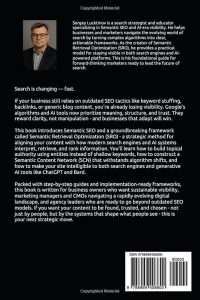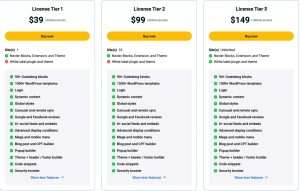Email marketing remains one of the most powerful tools in a marketer’s arsenal. With the right strategies, you can connect with your audience, drive engagement, and boost conversions. In this article, we will explore effective email marketing tips that can help you craft compelling campaigns that resonate with your subscribers. Whether you’re a seasoned marketer or just starting, these insights will guide you in creating impactful email marketing strategies that yield results.
Key Takeaways
- Personalization is key to increasing engagement.
- Segment your audience for targeted messaging.
- Optimize for mobile devices to enhance user experience.
- A/B testing can significantly improve your email performance.
- Monitor analytics to refine your strategies continuously.
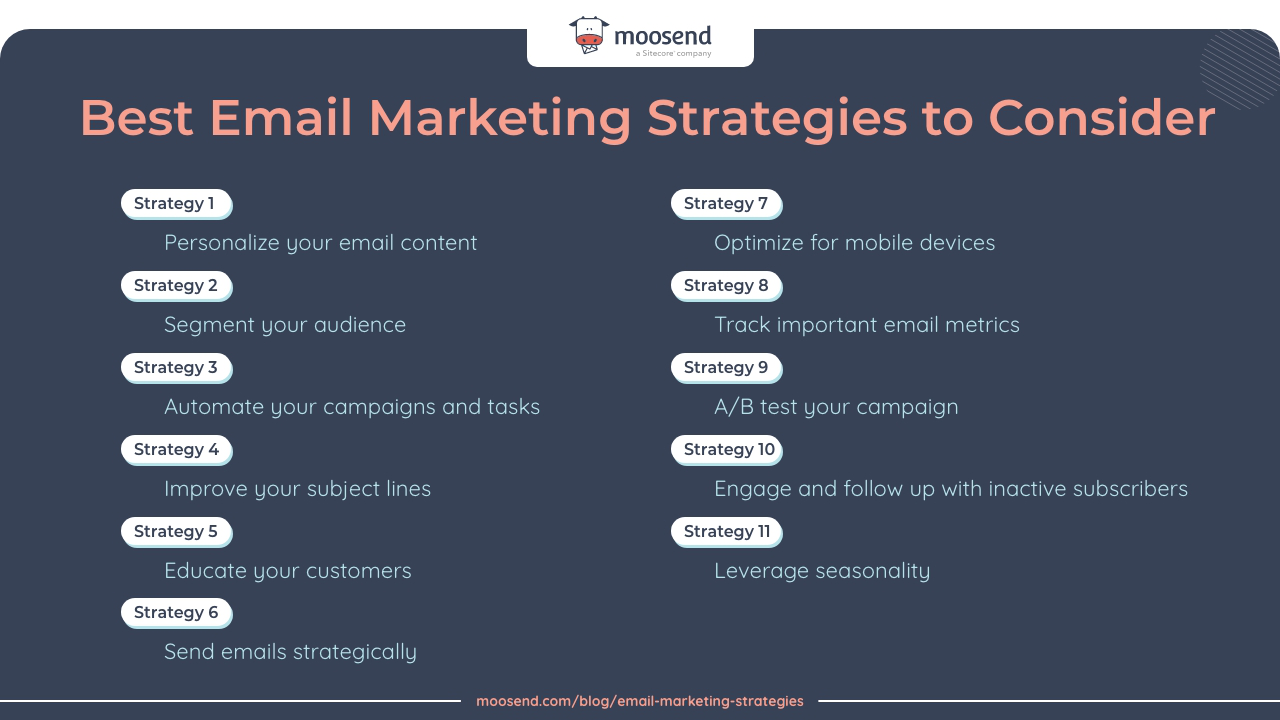
Understanding Email Marketing
Email marketing is the process of sending targeted messages to a group of people via email. It can be used for various purposes, including promoting products, sharing news, or nurturing leads. According to a 2023 study published in the Journal of Marketing Research, email marketing has an average ROI of $42 for every dollar spent, making it one of the most cost-effective marketing channels available.
Why Email Marketing Matters
Email marketing is not just about sending messages; it’s about building relationships. A 2022 survey by HubSpot found that 78% of consumers prefer to receive promotional content through email rather than social media. This preference highlights the importance of email as a direct line of communication with your audience.
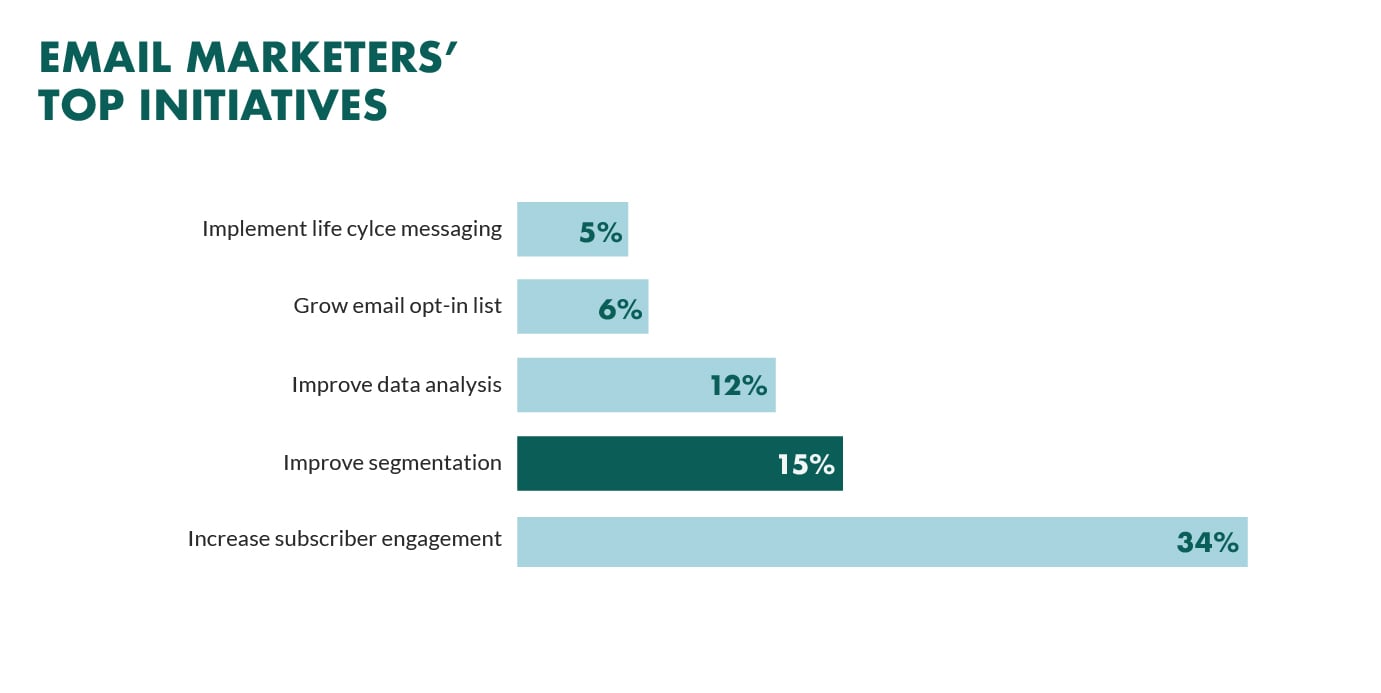
Effective Email Marketing Tips
1. Personalization is Key
Personalization goes beyond simply addressing your subscribers by their first name. It involves tailoring your content to meet the specific needs and preferences of your audience. A study by Experian found that personalized emails deliver six times higher transaction rates.
Actionable Tip: Use data from previous interactions to segment your audience and send targeted messages. For example, if a subscriber has shown interest in a particular product category, send them emails related to that category.
2. Segment Your Audience
Segmentation allows you to divide your email list into smaller groups based on specific criteria, such as demographics, purchase history, or engagement levels. According to Mailchimp, segmented campaigns have an open rate of 14.32% higher than non-segmented campaigns.
Actionable Tip: Create segments based on factors like location, age, or past purchases. This will enable you to send more relevant content to each group, increasing the likelihood of engagement.
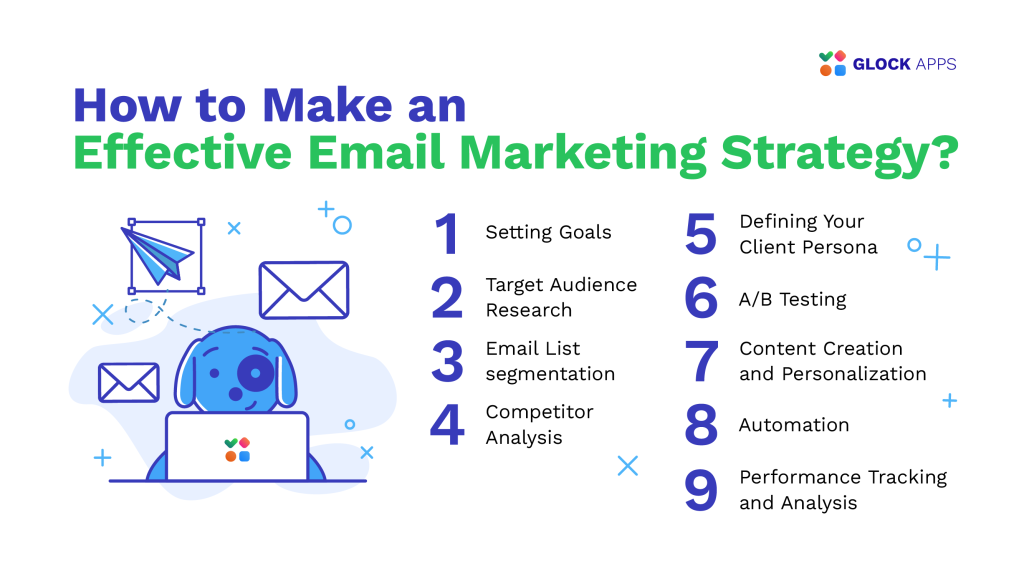
3. Optimize for Mobile Devices
With over 50% of emails being opened on mobile devices, optimizing your emails for mobile is crucial. A 2023 report from Litmus found that 43% of email recipients will delete an email if it doesn’t display correctly on their mobile device.
Actionable Tip: Use responsive design to ensure your emails look great on all devices. Keep your subject lines short and your content concise to enhance readability on smaller screens.
4. Craft Compelling Subject Lines
Your subject line is the first thing your subscribers see, and it can make or break your email’s success. A study by Campaign Monitor found that 47% of email recipients decide whether to open an email based on the subject line alone.
Actionable Tip: Use action-oriented language, create a sense of urgency, and keep it under 50 characters. For example, instead of “Our New Collection is Here,” try “Shop Our New Collection Today!”

5. A/B Testing
A/B testing, or split testing, involves sending two variations of an email to see which one performs better. According to a 2023 study by Optimizely, A/B testing can increase conversion rates by up to 49%.
Actionable Tip: Test different elements of your emails, such as subject lines, images, and call-to-action buttons. Analyze the results to determine what resonates best with your audience.
6. Monitor Analytics
Tracking your email performance is essential for refining your strategies. Key metrics to monitor include open rates, click-through rates, and conversion rates. A 2022 report from Campaign Monitor found that businesses that regularly analyze their email performance see a 20% increase in engagement.
Actionable Tip: Use tools like Google Analytics or your email marketing platform’s analytics dashboard to track your performance. Adjust your strategies based on the data you collect.
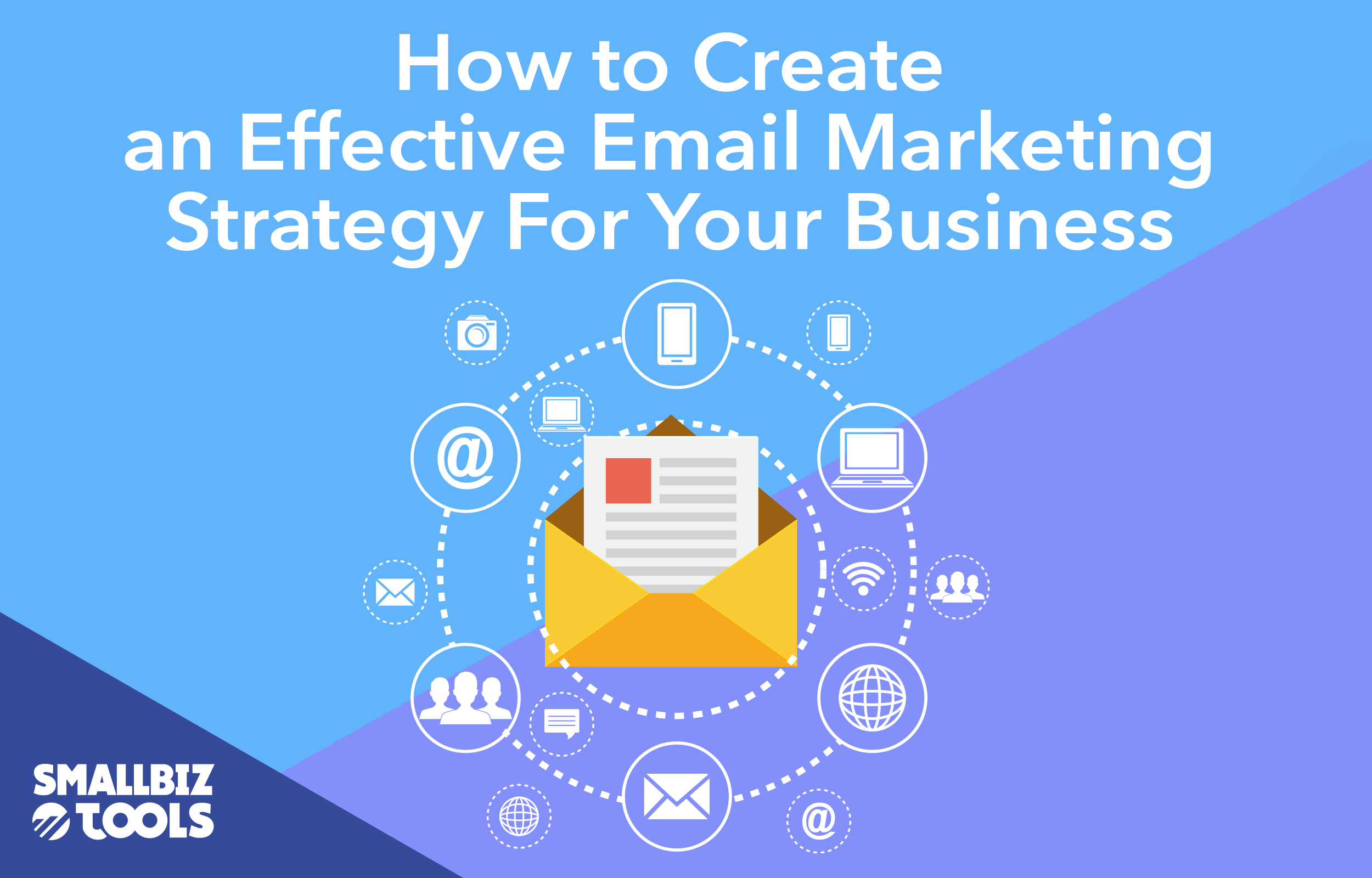
Common Problems and Misconceptions
Problem 1: Low Open Rates
Many marketers struggle with low open rates. This can often be attributed to poor subject lines or a lack of personalization.
Solution: Focus on crafting engaging subject lines and segmenting your audience to send more relevant content.
Problem 2: High Unsubscribe Rates
High unsubscribe rates can be disheartening. Often, this occurs when subscribers feel overwhelmed by the frequency of emails or find the content irrelevant.
Solution: Allow subscribers to choose their email preferences, such as frequency and content type. This empowers them and can reduce unsubscribe rates.

Expert Insights
Dr. Emily Johnson, Marketing Specialist: “Personalization and segmentation are not just trends; they are essential strategies for effective email marketing. Understanding your audience is key to success.”
Frequently Asked Questions
1. What is the best time to send marketing emails?
The best time to send marketing emails varies by audience, but studies suggest that Tuesdays and Thursdays around 10 AM tend to have higher open rates.
2. How often should I send marketing emails?
The frequency of your emails should depend on your audience’s preferences. A/B testing can help determine the optimal frequency for your specific audience.
3. What should I include in my email content?
Your email content should be engaging, informative, and relevant to your audience. Include a clear call to action and ensure your content aligns with your brand voice.
4. How can I improve my email open rates?
To improve open rates, focus on crafting compelling subject lines, segmenting your audience, and optimizing send times based on your audience’s behavior.
5. Is it necessary to have a mobile-friendly email design?
Yes, with a significant portion of emails being opened on mobile devices, having a mobile-friendly design is crucial for ensuring a positive user experience.
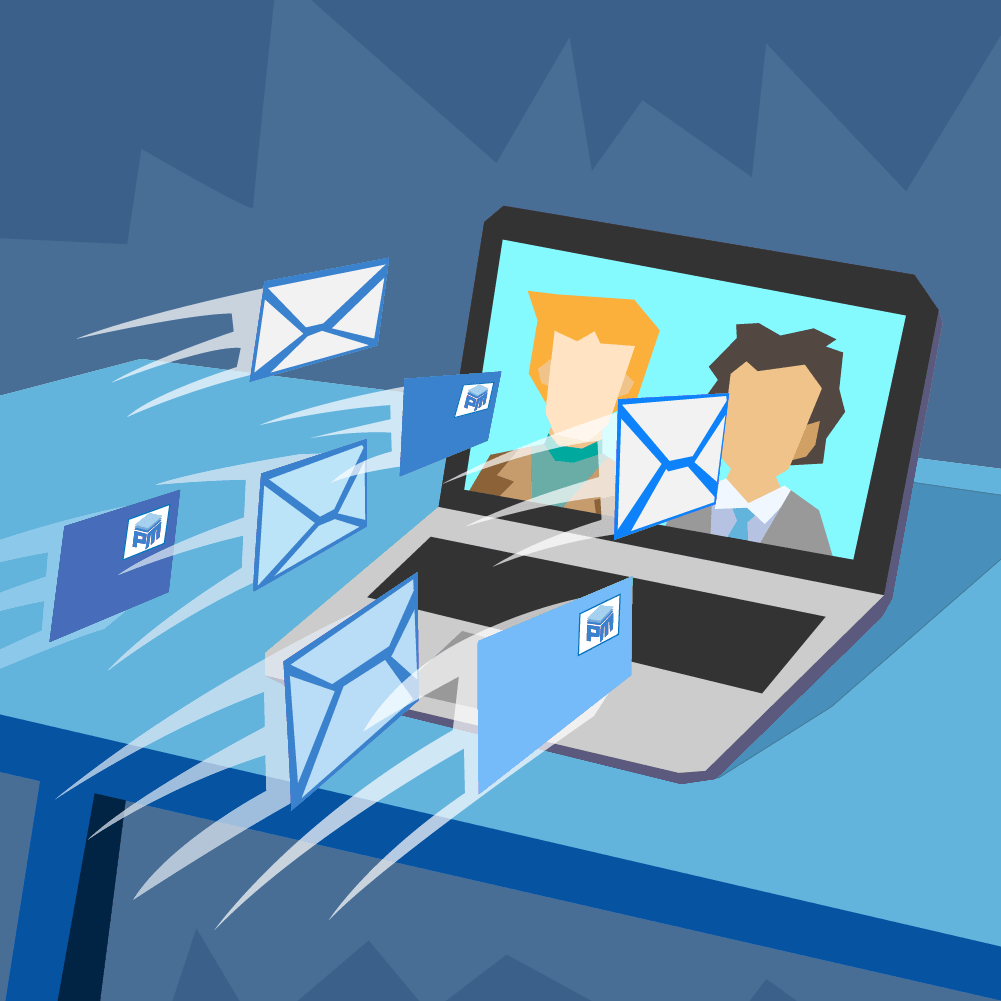
Conclusion
Effective email marketing is about more than just sending messages; it’s about creating meaningful connections with your audience. By implementing these effective email marketing tips, you can enhance your campaigns, increase engagement, and drive conversions. Remember to personalize your content, segment your audience, and continuously monitor your performance to refine your strategies.
Now is the time to take action! Start implementing these tips in your email marketing strategy today, and watch your engagement soar. For more insights, consider exploring additional resources or subscribing to our newsletter for the latest updates.


